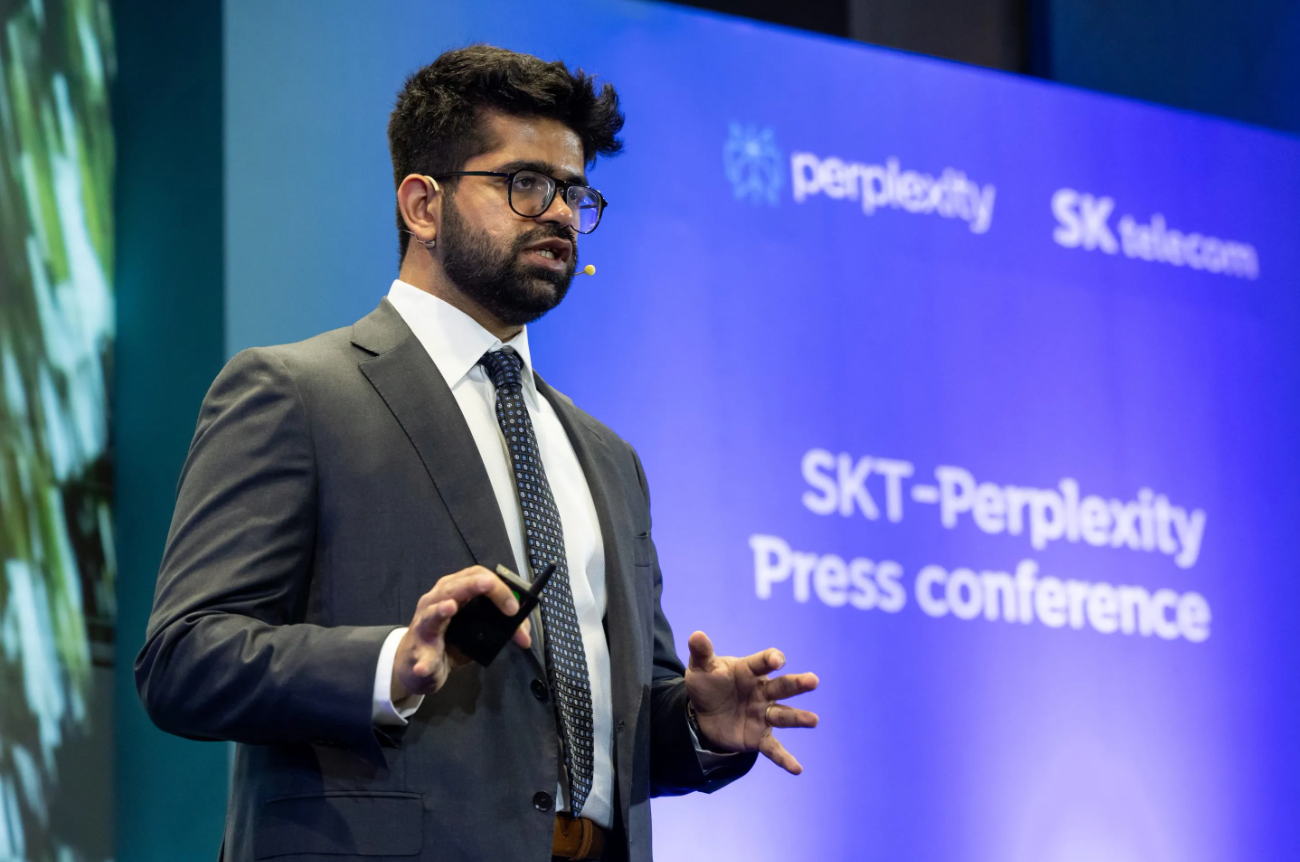In a world where hours vanish into Instagram reels and endless scrolling, Aravind Srinivas has issued a wake-up call that feels more urgent than ever. The CEO of Perplexity AI, a rising challenger to Google’s dominance in search, recently spoke in an interview with technologist Matthew Berman about what he sees as a growing problem among young users doomscrolling. His message is not just about reducing screen time. It is about replacing mindless consumption with meaningful creation.
Srinivas urges people, especially Gen Z, to stop wasting hours scrolling through social media and start exploring the growing capabilities of artificial intelligence. “Spend less time doomscrolling on Instagram. Spend more time using the AIs,” he said, emphasizing that this isn’t a marketing pitch. In his view, AI is not just a tool, it is the gateway to building value in the new digital society.
Srinivas is not alone in recognizing the transformational power of AI. Backed by Nvidia and a host of prominent investors, Perplexity AI has quickly made headlines for offering real-time, conversational answers. It is not just a search engine. It is a rethinking of how we interact with the internet.
He also spoke about AI’s potential to disrupt the job market. According to Srinivas, some roles will inevitably be lost due to automation, but those who learn to work with AI will be far more employable than those who ignore it. He believes that individuals who get ahead of the AI curve now will enjoy greater career security in the near future.
But that curve is steep. Srinivas acknowledged that the pace of AI evolution is testing the adaptability of the human race. New breakthroughs are arriving every three to six months, leaving little room for slow learners. Still, he remains optimistic. “Either people who lose jobs start companies with AI or they learn AI and contribute to building the future,” he said.
Srinivas’s call to action comes at a time when Perplexity is actively trying to expand its reach. The company is in discussions with smartphone manufacturers to pre-install its new AI-powered browser Comet on mobile devices. Though currently available only on desktop in beta form, Comet aims to integrate AI deeply into everyday browsing. It can summarise pages, manage personal data like emails or calendars, and even schedule meetings with minimal input.

Convincing phone makers to replace default browsers like Chrome is not easy, but Srinivas believes that with the right use case and real-world value, Comet will gain traction. He is betting on a future where browsing is no longer passive but intelligent, predictive, and deeply useful.
The bigger message behind his statements is clear. While most people are still watching AI from the sidelines, the real advantage will go to those who get their hands dirty. To those stuck in the loop of social media fatigue, Srinivas offers an alternative: spend less time consuming distractions and more time mastering the tools that are reshaping the world.
For more updates on AI innovation and digital transformation, follow Tech Moves on Instagram and Facebook.















